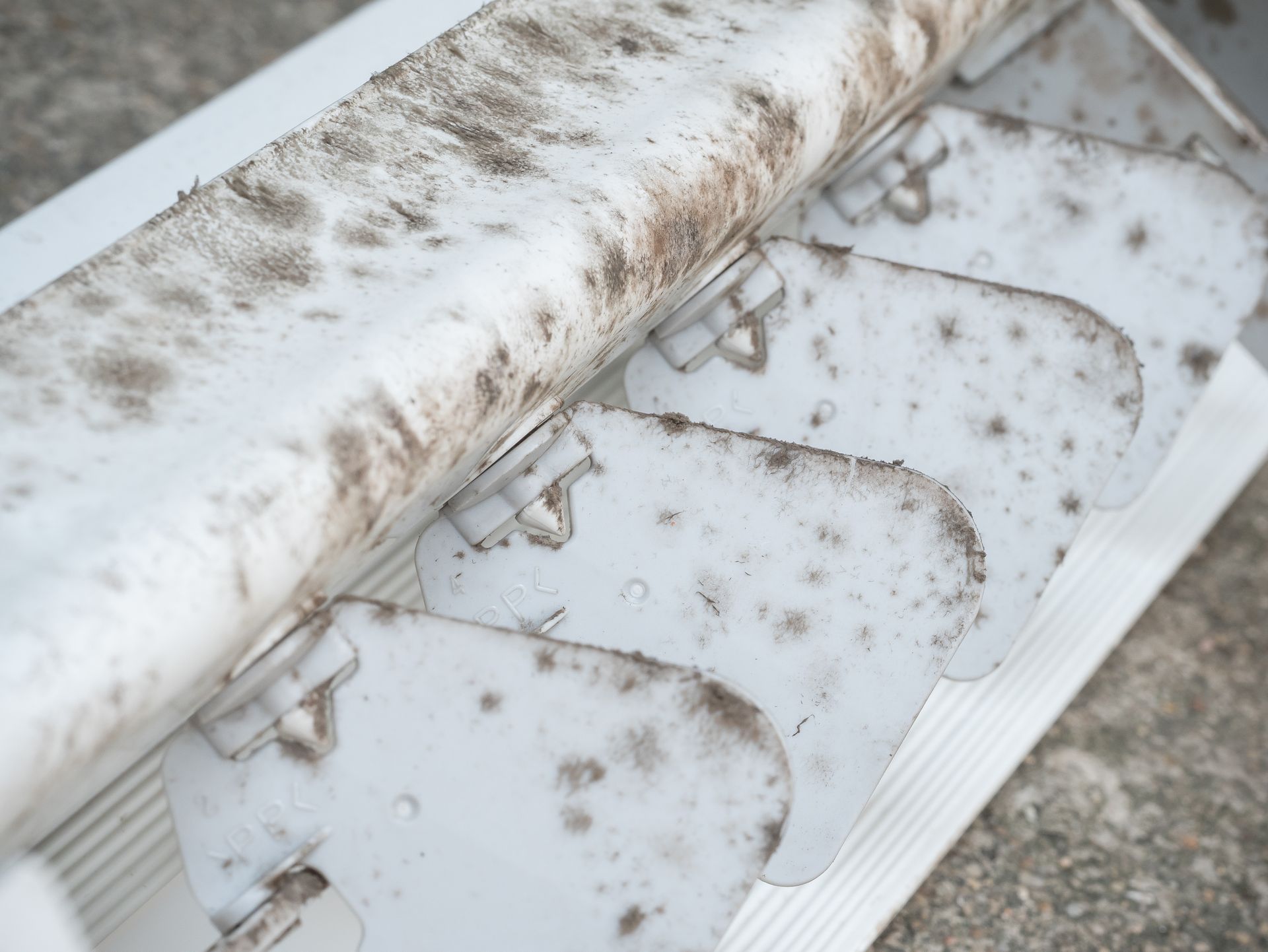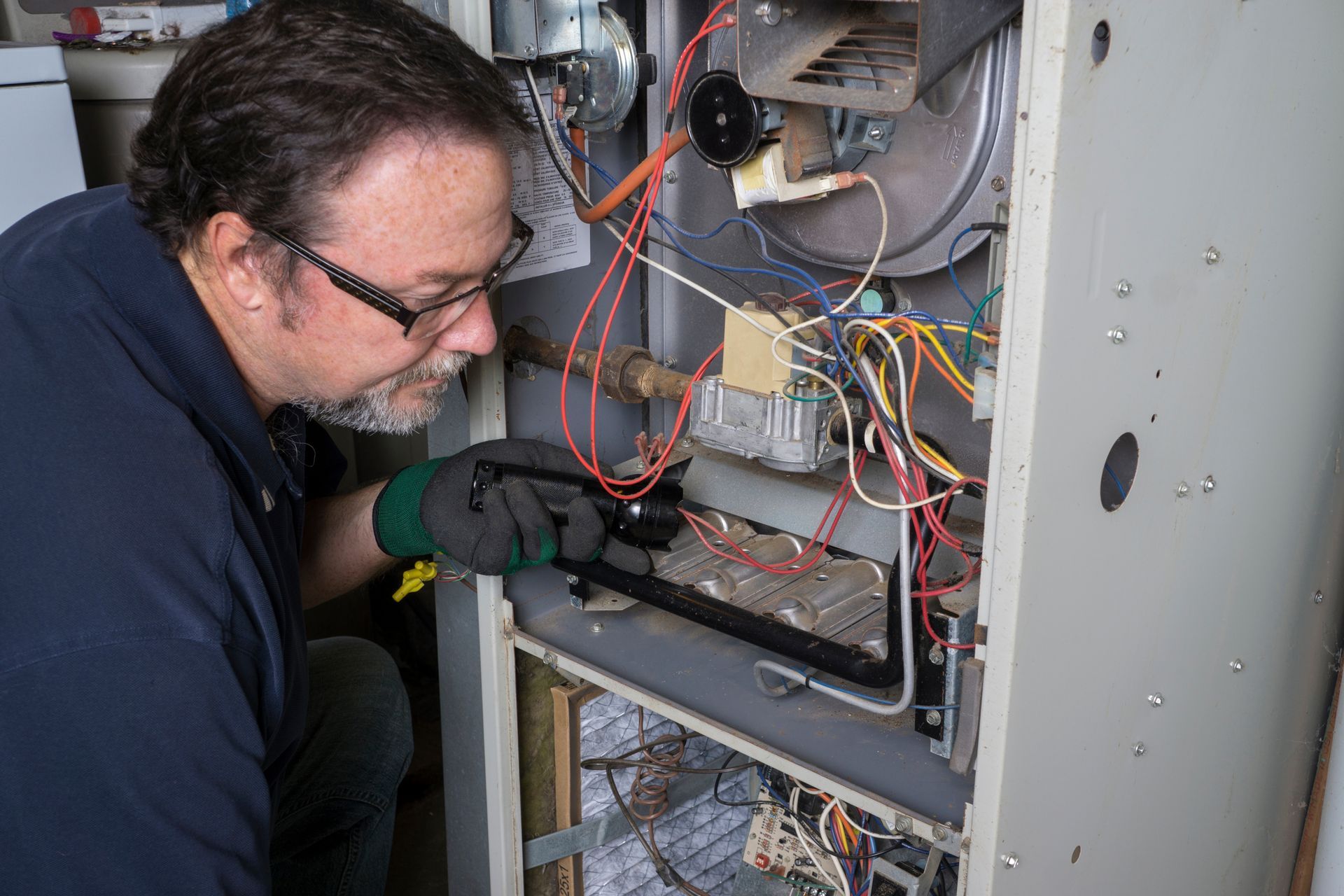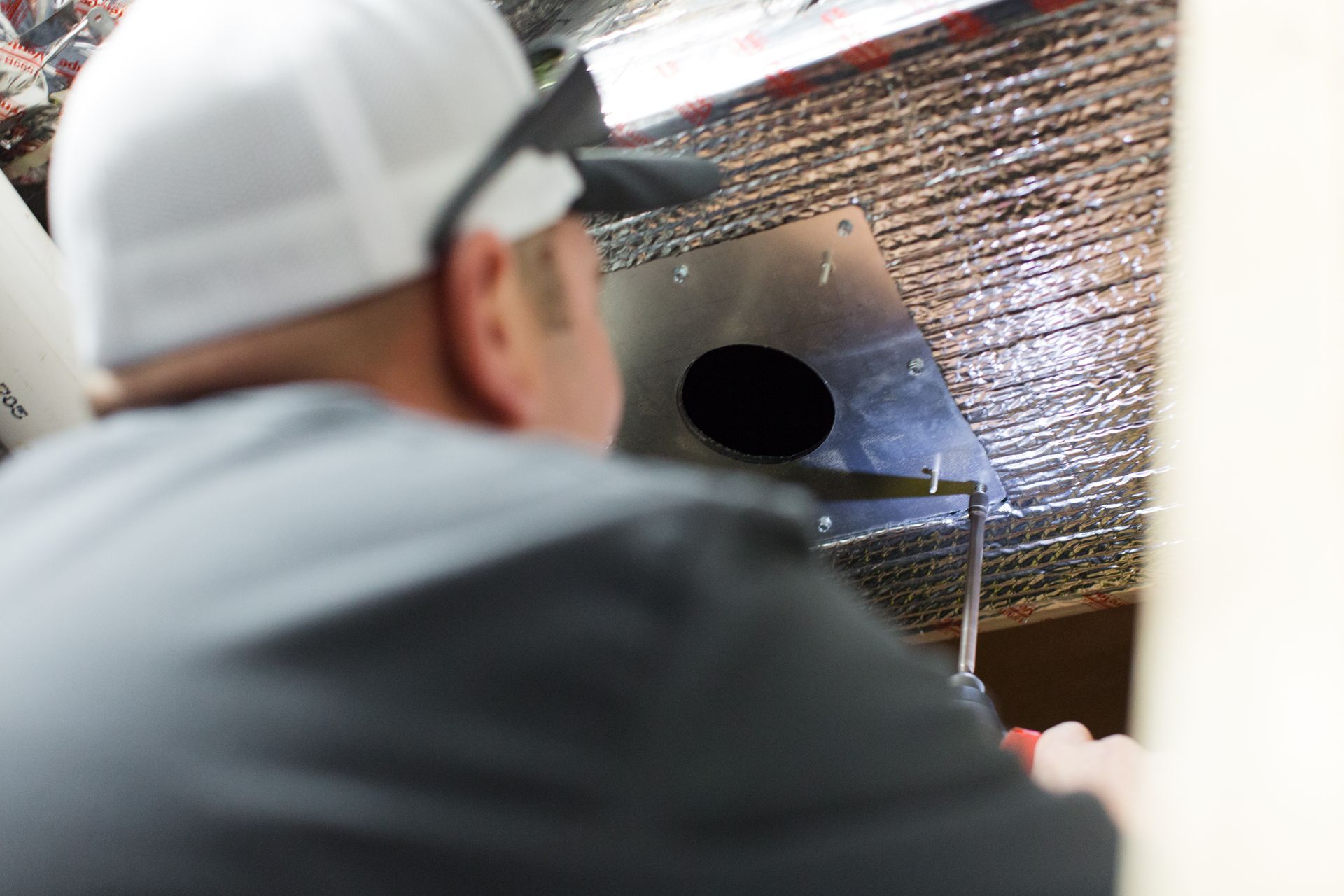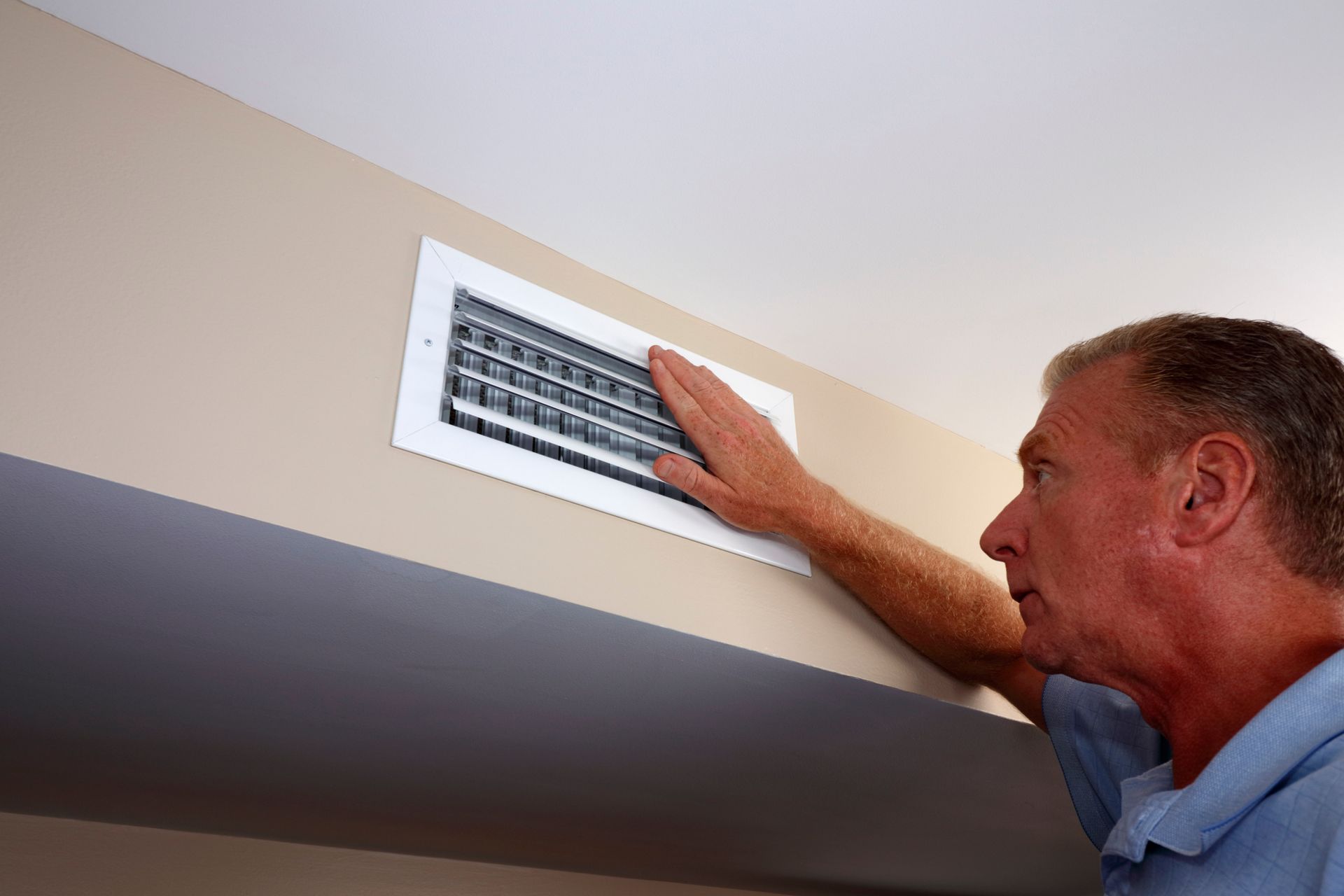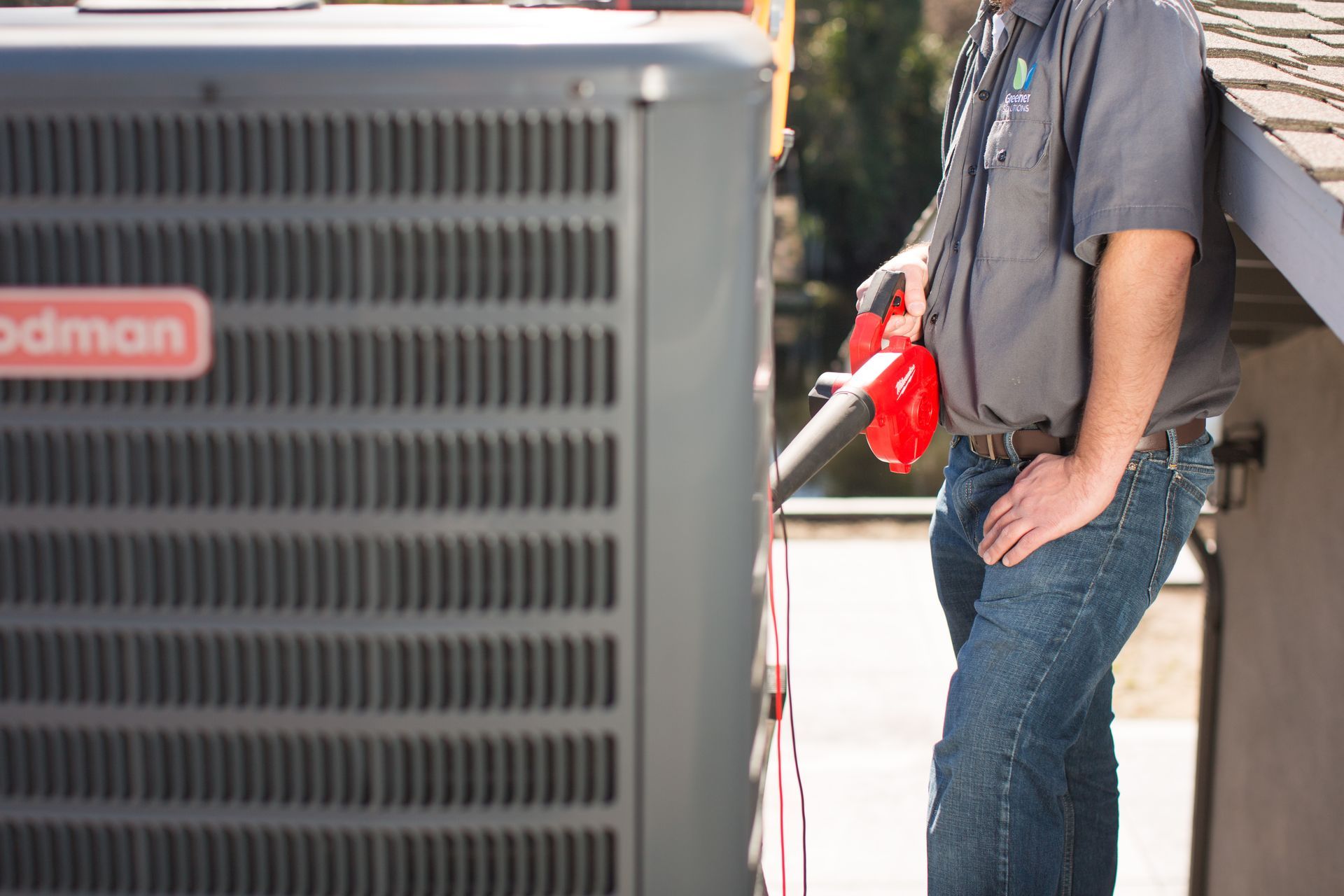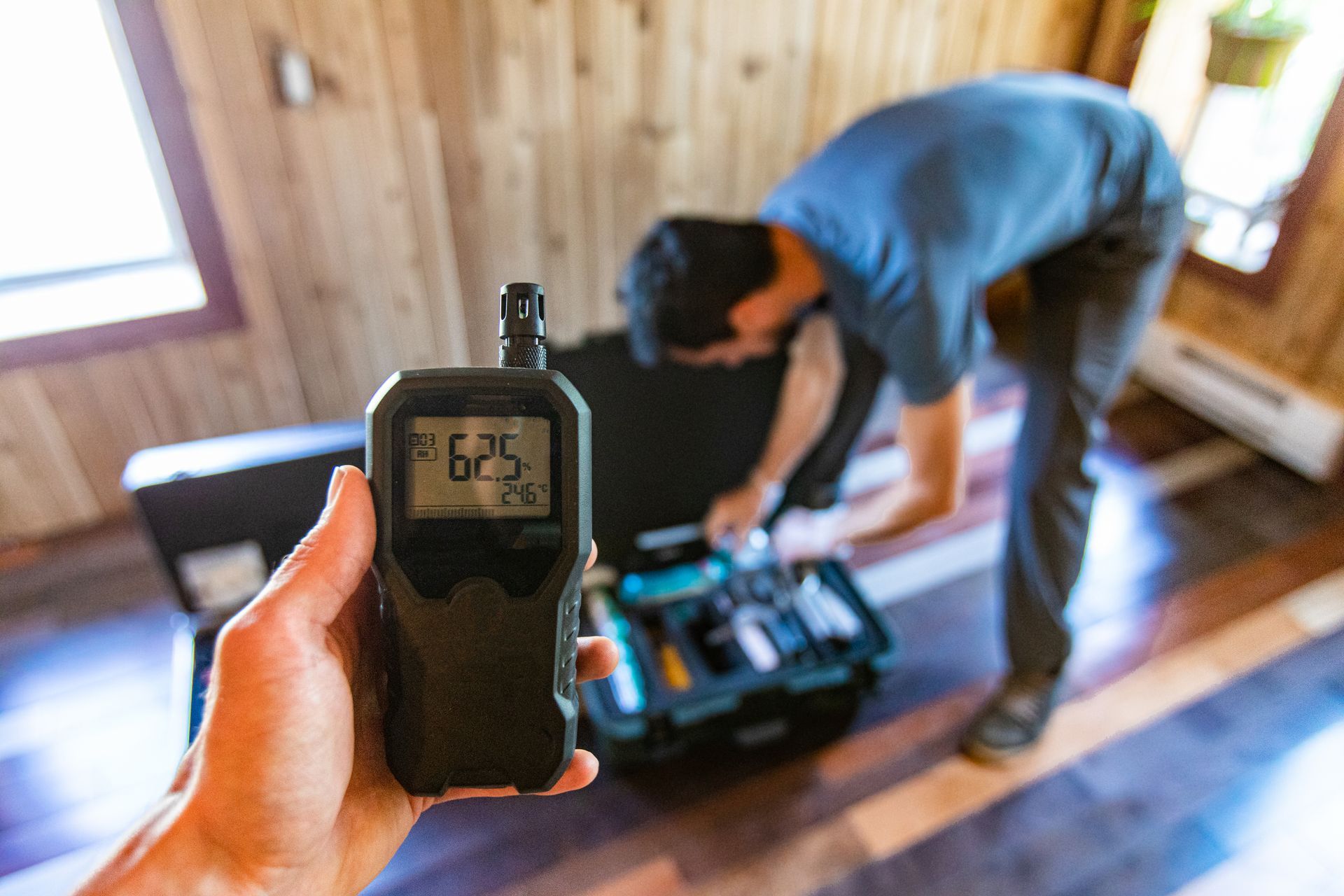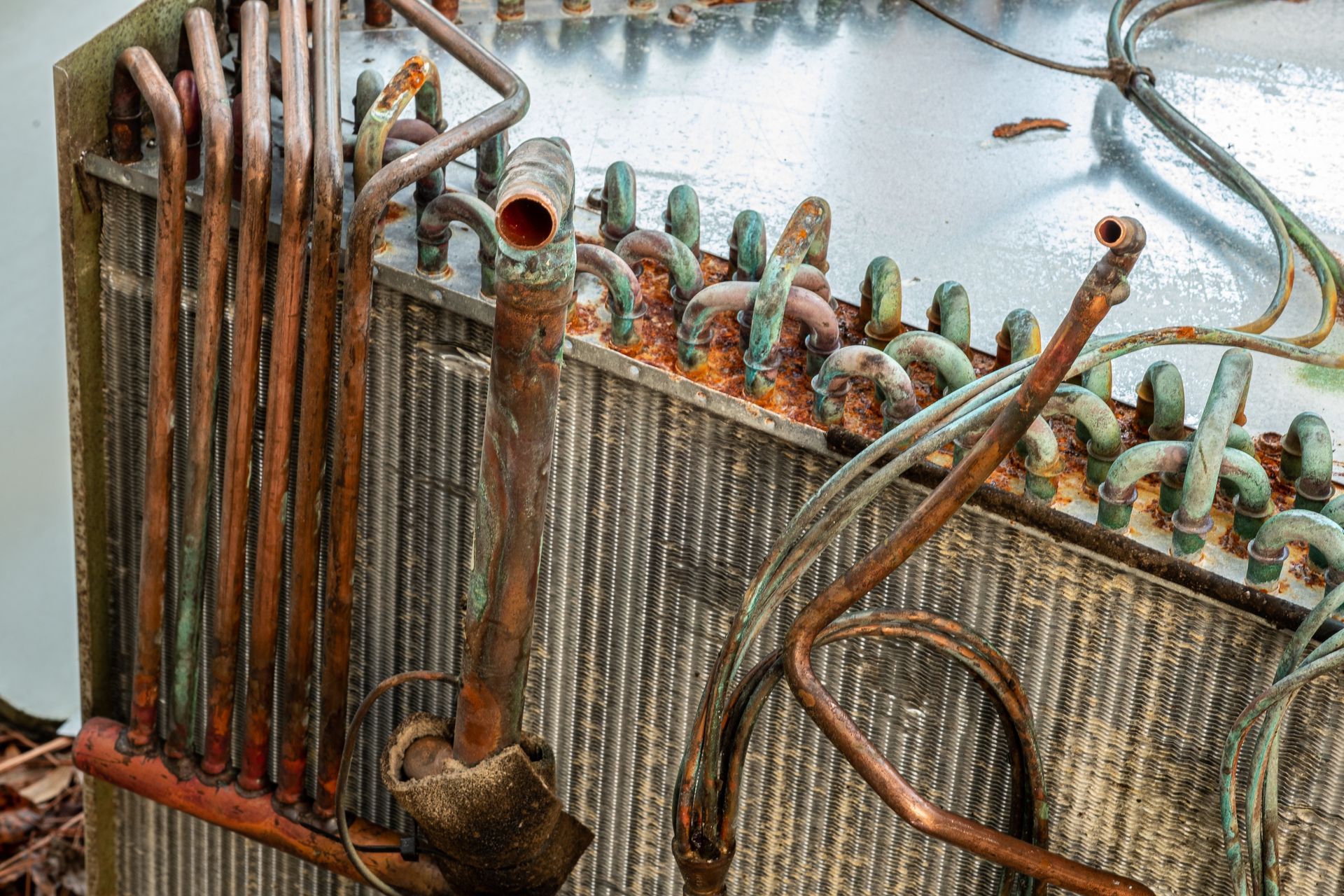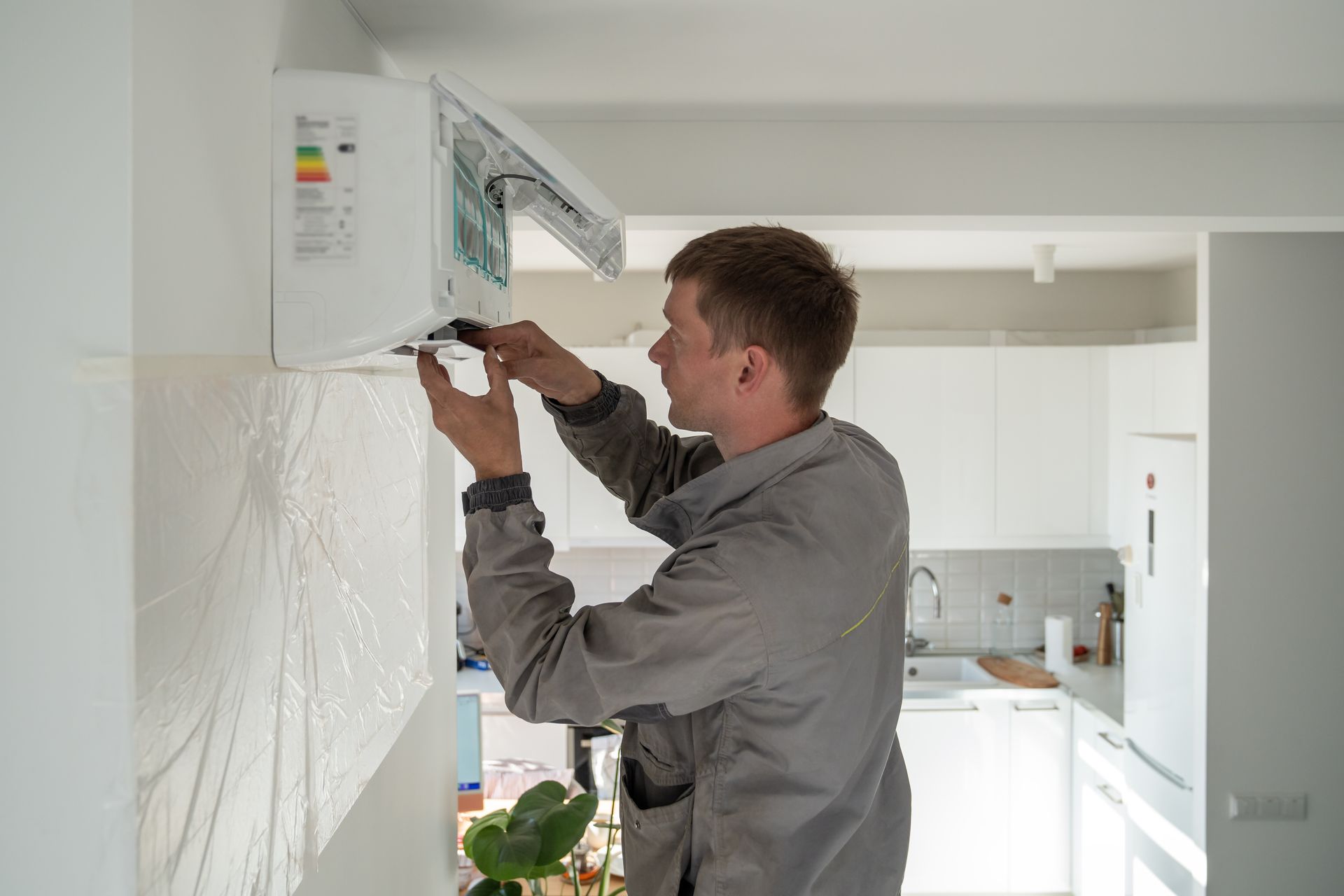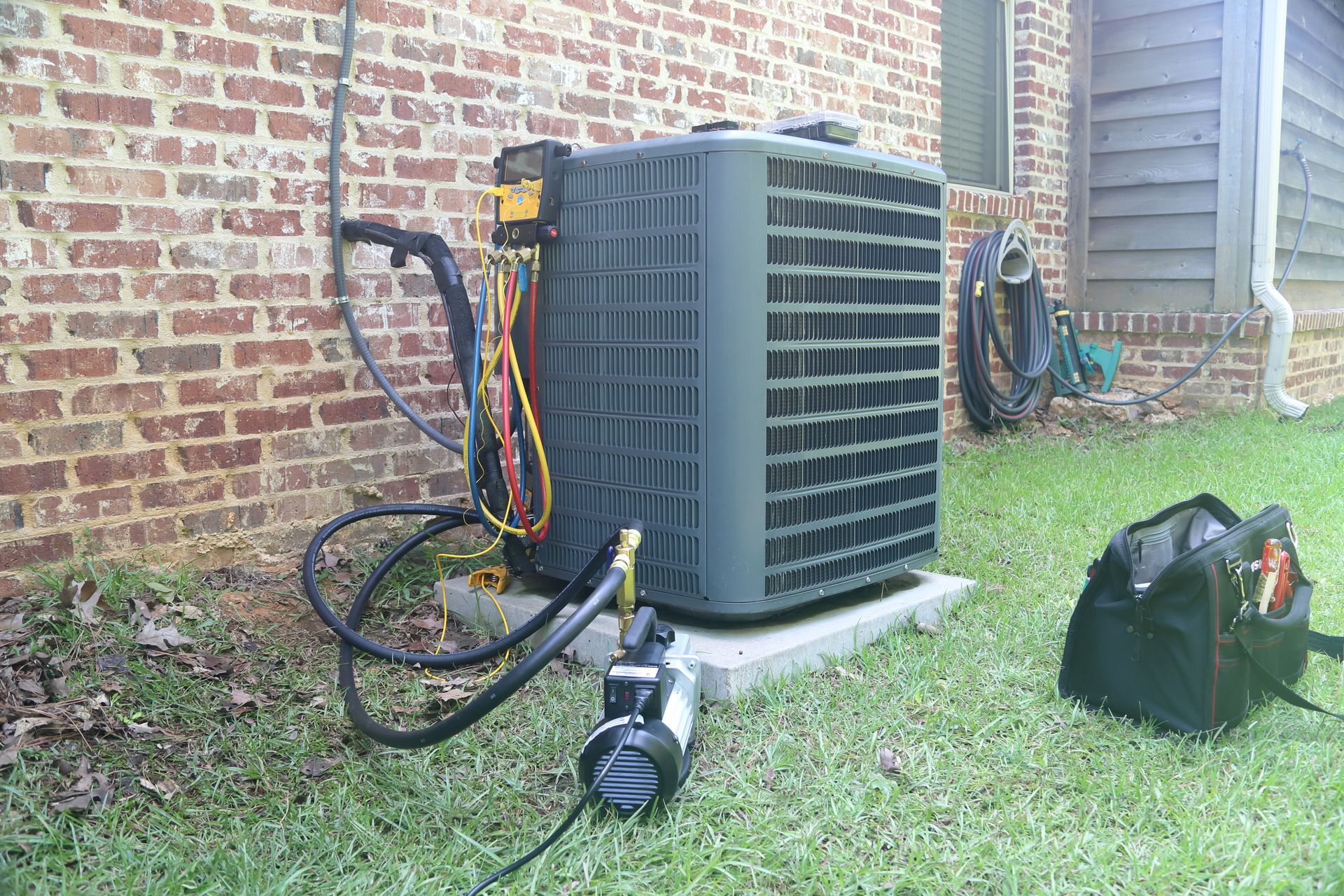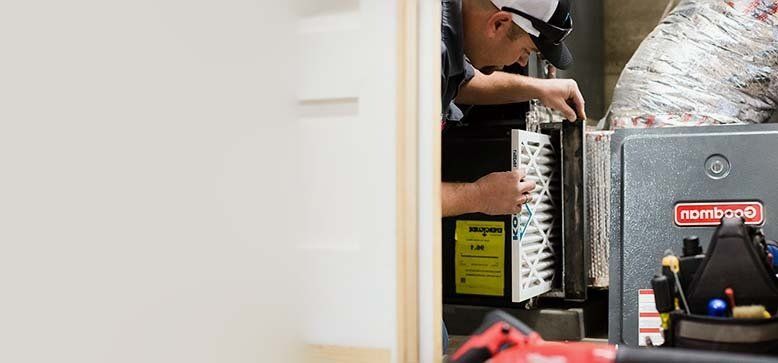What is a SEER Rating for Air Conditioners?
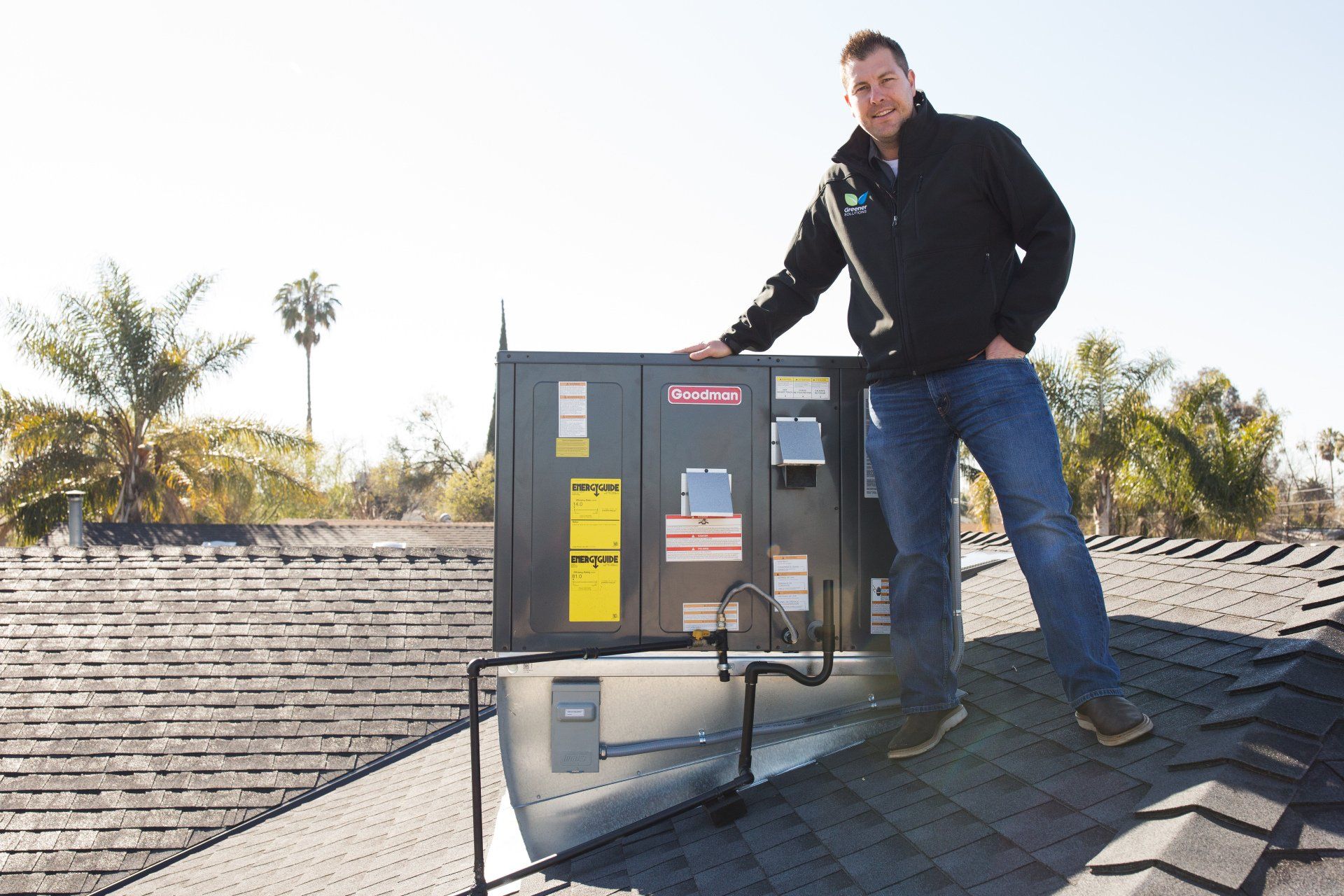
The SEER rating is a well-known HVAC industry benchmark that establishes an HVAC system’s seasonal energy efficiency ratio. The ratio was developed to determine how efficient the cooling output of an air conditioner is over an average cooling season. The reason this matters for consumers is because the SEER rating is the easiest way to determine how much energy and money a unit will require to operate efficiently. The higher the SEER rating, the less energy an air conditioner will require to effectively cool a space.
It is important to note that the SEER rating is only representative of an AC unit’s maximum efficiency. To put it simply, the SEER rating is a lot like a car’s optimal mpg rating. While a car may get 18 mpg on the highway, it can get considerably less under different circumstances like city driving or harsh weather conditions. The same logic can apply to air conditioners that are older, damaged, or operating under extreme conditions.
How is SEER Rating Calculated?
The calculation used to determine an AC unit’s SEER rating divides cooling output over a given period in BTUs by energy usage in kilowatts.
Cooling Output (BTUs) / Energy Input (kWs) = SEER Rating
- BTU stands for British Thermal Unit which is a measurement used to identify how much energy an AC is using to reach a desired temperature. That translates to if an air conditioner is rated for 15,000 BTUs, it can absorb 15,000 BTU’s of heat every hour.
If an air conditioner puts out 4,500,000 BTUs of cooling capacity over the course of a cooling season and required 280,000 kW of energy, the resulting SEER rating would be 16.1 (4,500,000 BTU / 280,000 kW)
SEER ratings are determined by efficiency testing that is conducted in laboratory settings that replicate indoor and outdoor temperatures.
Why SEER Rating Matters
SEER ratings help determine how much money an AC unit will cost after the initial AC unit purchase price. Older AC units that were built over a decade ago typically received SEER ratings between 8 and 10 which means that they were far less efficient than newer models that typically receive SEER ratings in the range of 14 -21. This roughly equates to newer models being able to save homeowners between 20% - 40% on energy costs.
If it makes sense to replace an AC unit, the SEER rating is a critical consideration that impacts the purchase price of a unit. The higher the SEER rating the more expensive an AC unit will likely be.
Benefits of a High SEER Rating
While a higher rated AC unit may cost more, it does provide significant benefit for homeowners.
- Higher energy efficiency: Higher SEER ratings indicate less energy used to operate efficiently.
- Reduced energy costs: Less energy being used results in lower electricity consumption and energy bills.
- Greater comfort: Improved efficiency also means that AC units operate more effectively which reduce heat and humidity inside.
- Less environmental impact: Less energy usage also equates to lower environmental impact and carbon footprint.
- Compressor output: High efficiency AC units often use two stage or variable speed compressors which allow the AC unit to adjust how much energy is needed for the component to operate.
Considerations For When You Are Purchasing Different SEER Rated AC Units
If you are weighing the SEER ratings available when looking to replace an older AC unit, there are several things to consider:
- Size of home: The size of a home impacts the amount of energy being used to cool it. Larger homes will require larger air conditioners so SEER ratings will have to account for units with a higher BTU output.
- Cooling needs: 2 stage AC units typically have SEER ratings of 16 while single stage AC units typically have a SEER rating of 14. 2 stage units have better temperature and humidity control so warmer and more humid climates stand to benefit from AC units that have SEER ratings of 16.
- Budget: The higher the SEER rating, the more expensive the AC unit will be. This will need to be accounted for in the HVAC installation budget.
What is a Good SEER Rating for an Air Conditioner?
AC units on the market today typically have a SEER rating that ranges between 13 to 26 with the average SEER rating falling between 15 and 18. What has historically been considered a “good” SEER rating was any AC unit with a SEER rating of 14 – 15. SEER ratings between 16 – 19 were the next class of AC units followed by premium air conditioners that typically have a SEER rating between 20 – 26.
What is the Minimum SEER Rating?
Minimum SEER ratings have increased over the years. Back in 1992 the minimum SEER rating that was allowed was 10. That changed in 2006, when the US Department of Energy started to require that all newer AC units sold have a minimum SEER rating of 13. That metric shifted again in 2023 so northern states now require a minimum SEER rating of 14 and southern states now require a minimum SEER rating of 15.
- Southwest states: Arizona, California, Hawaii, Nevada, New Mexico
- Southeast states: Alabama, Arkansas, Florida, Georgia, Kentucky, Louisiana, Mississippi, North Carolina, South Carolina, Tennessee, Texas
- Northern states: The remaining states
Is a Higher SEER Rating Always Worth It?
Having an AC unit with higher SEER rating usually means that a home will have a higher level of comfort and reduced energy costs. That being said, the additional benefits of a higher SEER rating sometimes don’t justify the increase in purchase price because the cost of energy savings doesn’t quite recoup the difference in cost between an AC unit with a higher SEER rating and one with a lower SEER rating. For example, the price difference between an AC unit with a SEER rating of 17 and 15 is somewhere between $1,500 and $2,500. This increase in price is usually the result of improved technology and better components used which introduce functionality designed to improve energy efficiency. That upfront price difference may take several years before the reduction in energy bills offsets the increase in purchase price.
What is a SEER 2 Rating?
The SEER2 rating is the updated version of the older SEER rating that was introduced in 2016 and is being made the industry standard as of Jan 1, 2023. After this date the legacy SEER rating will be phased out as the standard by the US Dept of Energy. This new formula introduces a new M1 testing procedure that raises the air conditioner’s external static pressure. This provides a more thorough analysis that better reflects real world conditions that were not previously reached with the standard SEER rating formula. The result of the new SEER2 rating formula adjustment is that most air conditioners will receive a lower SEER rating. AC units that used to receive a SEER rating of 16 would most likely be downgraded closer to a 15.5.
Why Are Energy Ratings Changing?
SEER ratings are adapting to improvements in testing methodologies. New testing methods are better able to replicate actual environmental conditions in which an AC unit would operate, which make older SEER ratings not as accurate as they once were. This resulted in the Department of Energy moving away from the SEER rating that was previously used and shifting towards the more accurate SEER2 rating.
Contact GS Home Services If You Are Ready to Upgrade Your AC
Contact GS Home Services if you are considering replacing or installing an AC unit. Our licensed and experienced HVAC technicians can walk you through the different AC units and determine the best unit for your needs. We can take into account energy efficiency as well as other considerations like the size of your home, you cooling and heating needs, and budget. Call today to schedule a consultation!
SEER Rating FAQs
-
How much more efficient is a 20 SEER vs 14 SEER?
When comparing an AC unit with a 20 vs 14 SEER rating, the unit rated at 20 will be roughly 40-45% more efficient under testing conditions when compared to a unit rated at 14.
-
How much more efficient is a 16 SEER vs 14 SEER?
When comparing an AC unit with a 16 vs 14 SEER rating, the unit rated at 16 will be roughly 13-14% more efficient under testing conditions when compared to a unit rated at 14.
-
Is 21 SEER worth the money?
Purchasing an AC unit with a SEER rating of 21 is typically left to individuals who are not concerned about the initial purchase price. The energy savings that would be gained would not offset the increase in purchase price.
-
Is 18 SEER worth the money?
An 18 SEER rated AC unit will be roughly 12.5% more efficient than a unit rated at 16. This means that the savings equate to $12.50 for every $100.00 you spend to cool your home using the 18 SEER rated unit. If the increase in SEER rating results in an additional $2000 purchase price, it would take roughly 13 years to pay off the difference with just the savings from electric bills.
Recent Posts
-
Our Services
ButtonSee All Our Services
-
About
ButtonLearn More about
Greener Solutions
-
Contact Us
ButtonImmediate Service
Emergency Services
Live Support
Have an HVAC emergency? Call for immediate service. Available 24/7

